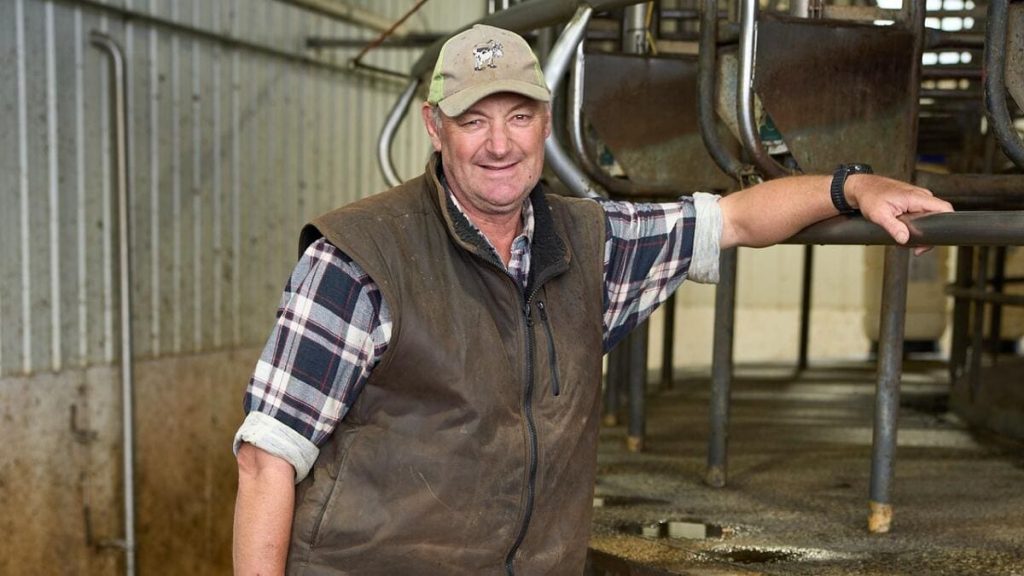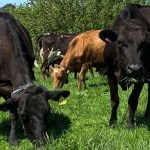
Dairy Farmers Victoria expects to employ an executive officer within a year and soon after have staff in the state’s three main dairy regions.
The state’s new farmer representative body is continuing to grow with membership now topping 100, and president Mark Billing said it was already assuming the mantle as the number one farmer group.
“Even though we don’t yet have the critical mass of members, I believe we have the strongest voice for dairy farmers because of the connections we have in the industry and our strong stakeholder engagement,” Mr Billing said.
“I believe we are very well placed to represent dairy farmers in Victoria at all levels with the Victorian Government, Dairy Australia and all other relevant authorities.
“It will depend on numbers and what projects we get to deliver, but I’d like to think in 12 months we’ll have an executive officer.”
DFV became an association in July after a series of resignations from the United Dairyfarmers of Victoria and plans its first AGM and conference in 2024.
Committee members have recently held information sessions in south-west Victoria and northern Victoria and plan meetings in Gippsland in December.
“We’ve had quite a few inquiries and people are interested in being part of what we’re doing,” Mr Billing said.
“The priority at the moment is getting out there and engaging with farmers and stakeholders and growing our membership base.”
Mr Billing said DFV was aiming to develop a positive culture around dairy.
“We want to have open forums where everyone is able to attend and participate and we want to engage all parts of a dairy business,” he said.
“We’ve had very positive conversations with the new Minister for Agriculture Ros Spence and the ag department and that will continue.
“We’re also on the front foot in discussions with the department around the implications of animal welfare legislation for Victoria’s dairy farmers.”
DFV has adopted a two-tiered membership, with a foundation subscription costing $500 and a $200 associate membership to engage a broader base across the industry, including service providers and staff.
“We want to involve everyone in the dairy industry,” Mr Billing said.
“Those involved so far are very engaged, after all the frustrations we had with the UDV.
“Some members have moved across from the UDV but some have never been engaged with a dairy organisation before.
“Only a third of dairy farmers in Victoria are UDV members so there is a wealth of experience for us to tap into among farmers who didn’t see UDV as an opportunity for them.”
Mr Billing said the operation was currently all voluntary.
“We’re all doing this for nothing at the moment, but DFV already has a budget based on membership that is double what the VFF had allocated to the UDV,” he said.
“Long-term we want to build a sustainable funding model that won’t rely solely on membership but will be driven by other income streams including projects and program delivery.
“We’ve got to build the value proposition so dairy farmers say why aren’t I a member rather than why should I be a member.”
The executive committee will meet in December to set the agenda for the next year, which will include a conference and AGM.
The development is based on the South Australian Dairy Association model.
“SADA is a very successful model that has worked really well and we believe it would work well in Victoria,” Mr Billing said.
“Our priority through our extensive stakeholder network is to advocate for dairy farmers, not only our members but all Victorian dairy farmers, but we need more to become members to support our work.”

























